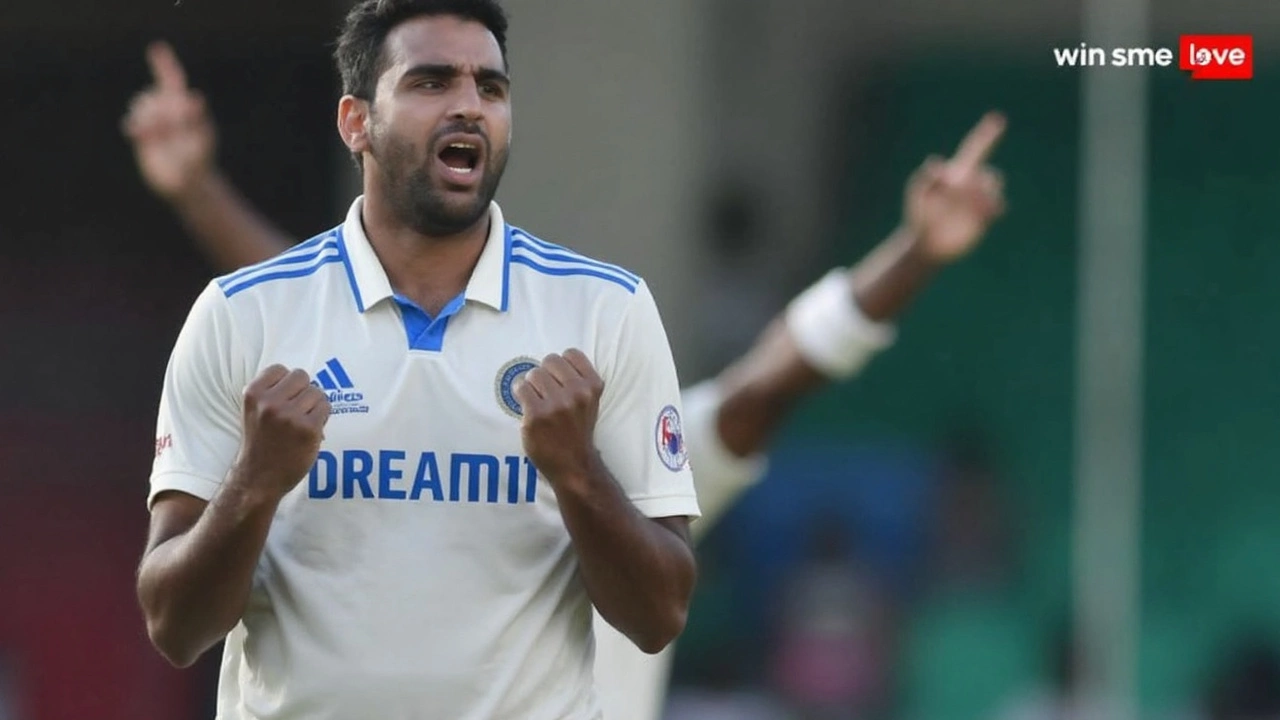BCCI Rules – The Backbone of Indian Cricket
When talking about BCCI rules, the official regulations set by the Board of Control for Cricket in India that govern everything from player contracts to match conduct. Also known as India cricket regulations, they dictate how the game is played, how teams are built, and how fans watch the sport.
One of the biggest leagues that lives under these rules is the Indian Premier League (IPL), a T20 competition that follows BCCI’s scheduling, auction, and salary cap guidelines. The IPL’s player auction, for example, can’t happen without BCCI approval, and any breach of the salary‑cap limits triggers penalties. Another core area is player contracts, standard agreements that outline salaries, code‑of‑conduct clauses, and release provisions. These contracts are designed to protect both the cricketer’s rights and the board’s interests, and they are enforced through a strict dispute‑resolution process.
Key Areas Covered by BCCI Rules
First, match regulations – BCCI rules require every game to follow the official Playing Conditions, which include limits on over‑rates, field‑placement restrictions, and the use of Decision Review System (DRS). If a team falls behind the required run‑rate, they face fines; if a player breaches the code of conduct, they may get suspended. Second, the anti‑doping policy – every player under BCCI’s umbrella must submit to regular drug testing, and any positive result leads to an automatic provisional suspension, followed by a hearing. This policy aligns with the World Anti‑Doping Agency (WADA) standards and keeps the sport clean.
Third, broadcast rights – the board sells television and digital streaming licenses based on a set of rules that protect the commercial value of the game. Broadcasters must adhere to blackout windows, and they’re required to show certain match highlights within a specific timeframe. Fourth, the disciplinary committee – a panel that reviews breaches of the rules, from on‑field aggression to off‑field misconduct. Their decisions can range from warnings to lifetime bans, depending on the severity.
All these pieces fit together like a puzzle. BCCI rules encompass player contracts, match regulations, anti‑doping policy, and broadcast rights. They require compliance from franchises, players, and media partners. And the IPL, as the most visible product, illustrates how the rules influence team strategy, player selection, and fan experience. For instance, the salary‑cap rule forces franchises to balance star power with emerging talent, while the anti‑doping clause ensures that every explosive six or deadly spell is clean.
Below you’ll find a hand‑picked selection of news pieces that show how BCCI rules play out in real life – from IPL auction drama to suspension cases, from new broadcast deals to updates on anti‑doping enforcement. Each article adds a layer to the bigger picture, helping you see how the board’s regulations shape the sport you love.
